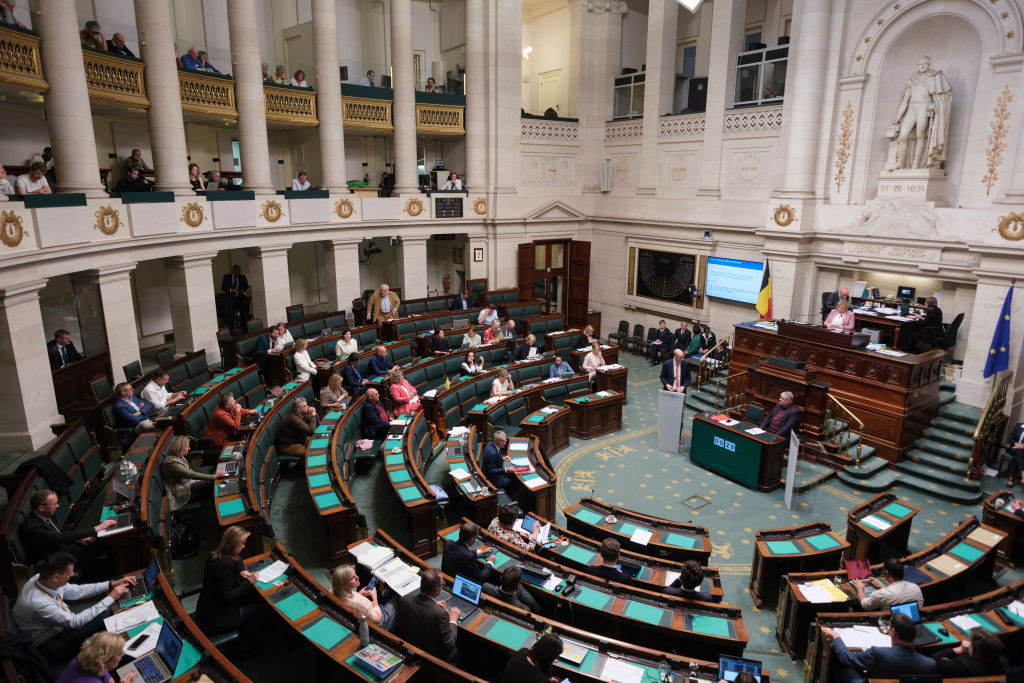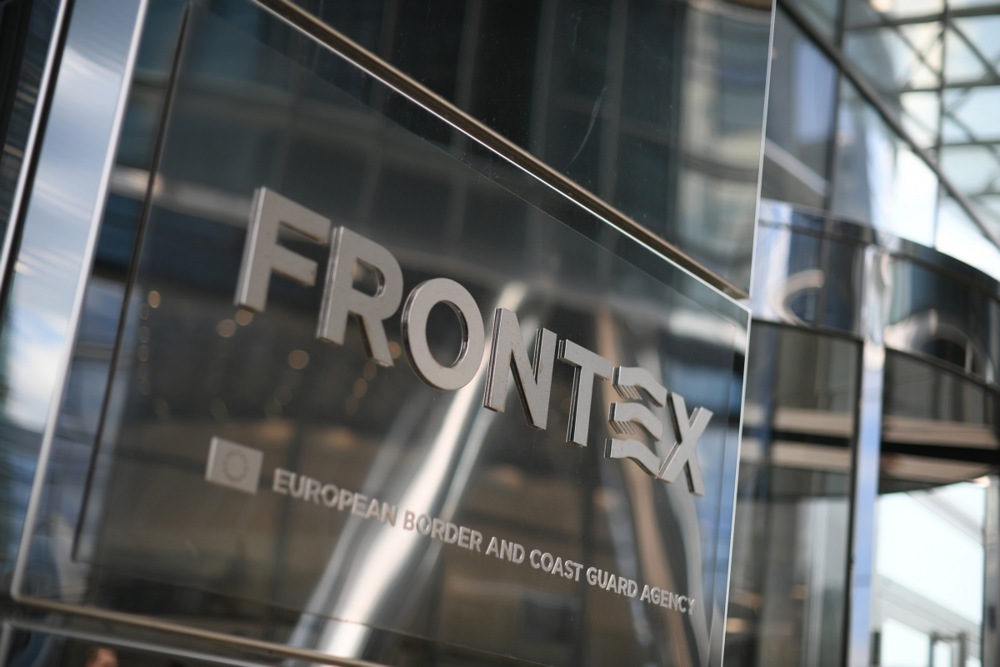Belgium’s Federal Planning Bureau has published a study showing the country is failing to achieve its costly climate transition initiatives.
Despite ambitious “green” plans, Belgium will not be emission-free by 2050, nor will it reach the goals set by the European Commission regarding emissions and renewable energy by 2030.
At the same time, energy prices are projected to remain high in the country.
After calculating Belgium’s long-term energy prospects, the Belgian Federal Planning Bureau concluded that the planned emissions reduction of 47 per cent by 2030, compared to 2005, will not be achieved.
Some sectors, such as residential and services, are projected to make significant progress while others such as transport are expected to hit a modest reduction of 11 per cent.
In the longer term, emissions in Belgium will fall more slowly, one reason being the delayed phase-out of carbon-based energy by industry and electricity producers.
“By 2050, these sectors would still be significantly using fossil fuels. This indicates the need for either stringent pricing in the emissions trading system or an incentive-based policy focused on emission-free technologies,” the Planning Bureau said.
Belgium is set to rebalance its energy mix and rely more on wind, solar (photovoltaic) and gas.
It is planned that nuclear energy and bioenergy will be phased out in line with current legislation — but many political parties have started to doubt this policy.

Despite his Liberal party being a decades-long proponent of closing down all nuclear power plants, Prime Minister Alexander De Croo recently seemed to have a change of heart on the issue.
In March this year, he hosted the first-ever Nuclear Energy Summit in Brussels, emphasising the importance of using nuclear power to achieve energy security and Belgium’s climate goals, as well as drive sustainable development in the country.
Still, Belgium plans to gradually reduce its nuclear energy production until 2035, when the last two power plants are due to shut down, with energy production to be primarily replaced by wind.
“The evolution of the electricity mix highlights how the entire Belgian energy landscape is undergoing a transformation,” the Planning Bureau said.
“In 2020, more than half of all electricity production still came from ‘conventional’ power plants. At that time, nuclear power plants accounted for 39 per cent of the mix and gas plants for 33 per cent. Renewable energy sources, including biomass and waste, contributed to just over a quarter of the production.
“By 2040, the situation reverses: renewable energy sources will account for more than 60 per cent of production, while ‘conventional’ power plants will contribute only a third.”
The transition will also affect the price of electricity. Starting in 2030, the cost of producing electricity is set to rise and not return to what it was before the climate transition, the Planning Bureau asserted.
Initially, that will be due to higher capital and supply costs. Later, fuel costs will slightly decrease but taxes, especially ETS carbon taxes, are seen as pushing the price up again.
“Between 2020 and 2030, the share of energy in the GDP rises to levels unprecedented in recent history. After that, as the impact of energy-saving investments takes effect, the share decreases slightly,” according to the Bureau.
“However, it never returns to the relatively low levels seen at the beginning of this century.”
Overall, it concluded that for the so-called Effort Sharing Regulation sectors, Belgium has “a downward trend in emissions, but [will] only realise a reduction of 32 per cent between 2005 and 2030, which is lower than the European goals”.
“Over the entire period [until 2050] the sector with Effort Sharing sees a drop of 57 per cent of emissions.
“Similarly, European goals to reach 42.5 per cent production from renewables by 2030 will not be made and will only reach 24.1 per cent.
“In the longer term, by 2050, net-zero emissions are not within reach due to conservative assumptions about the price trajectory in emission trading systems,” the Bureau said.
“This suggests that, in the absence of significant technological changes (either external or policy-induced), stringent policies will be necessary to achieve a full transition.”





